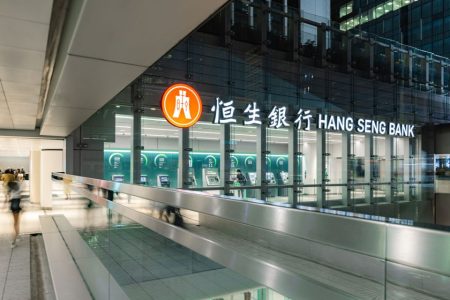More Hong Kong residents than ever are travelling to the mainland for medical treatments, but unfamiliarity with Chinese hospitals and limited insurance options remain barriers, China Daily reports, citing new research by the University of Hong Kong (HKU).
The study was based on a survey of 3,500 Hong Kong residents in Hong Kong, Shenzhen and Guangzhou, along with 200 interviews with representatives from mainland hospitals and government authorities.
It revealed that prior to 2011, less than 6 percent of respondents had sought treatment in the mainland. That rate grew to about a third between 2011 and 2019, then to 60 percent between 2019 and 2023. The survey also showed that respondents’ satisfaction with healthcare services across the border increased significantly during that time.
[See more: ‘Day hospitals’ could enhance Macao’s stretched healthcare sector]
Hong Kong patients now make up 17 percent of the HKU-Shenzhen Hospital’s caseload, according to the mainland facility’s deputy chief executive and chief of service Anne Lee Wing-mui. She described a “steady increase” of Hong Kongers visiting the hospital and said their satisfaction rates neared 90 percent. Lee also noted that the hospital held dedicated weekend clinics for the SAR’s residents, to make visiting more convenient.
According to Caixin Global, most of Hong Kong’s medical tourists heading to nearby Shenzhen seek non-emergency outpatient services including cosmetic procedures, ophthalmology, traditional Chinese medicine and specialised dentistry. The mainland’s affordability was the major factor, and its hospitals often offered faster solutions for certain routine surgeries.
However, HKU’s survey also found widespread uncertainty over mainland hospitals’ rankings, treatment options, fees, insurance coverage and doctors’ credentials – factors that held some residents back.
To help fill such knowledge gaps, HKU’s Department of Urban Planning and Design aimed to launch its “Healthy GBA” digital platform on 1 October. The platform would provide practical details on patient procedures, subsidies, and how to buy and claim insurance in Greater Bay Area cities, though the pilot phase would cover major hospitals in Shenzhen only.
Department head He Shenjing told China Daily that she believed the Healthy GBA platform would help drive integration between the GBA’s cities and SARs, particularly with regards to medical tourism and where people chose to work, study and retire.






